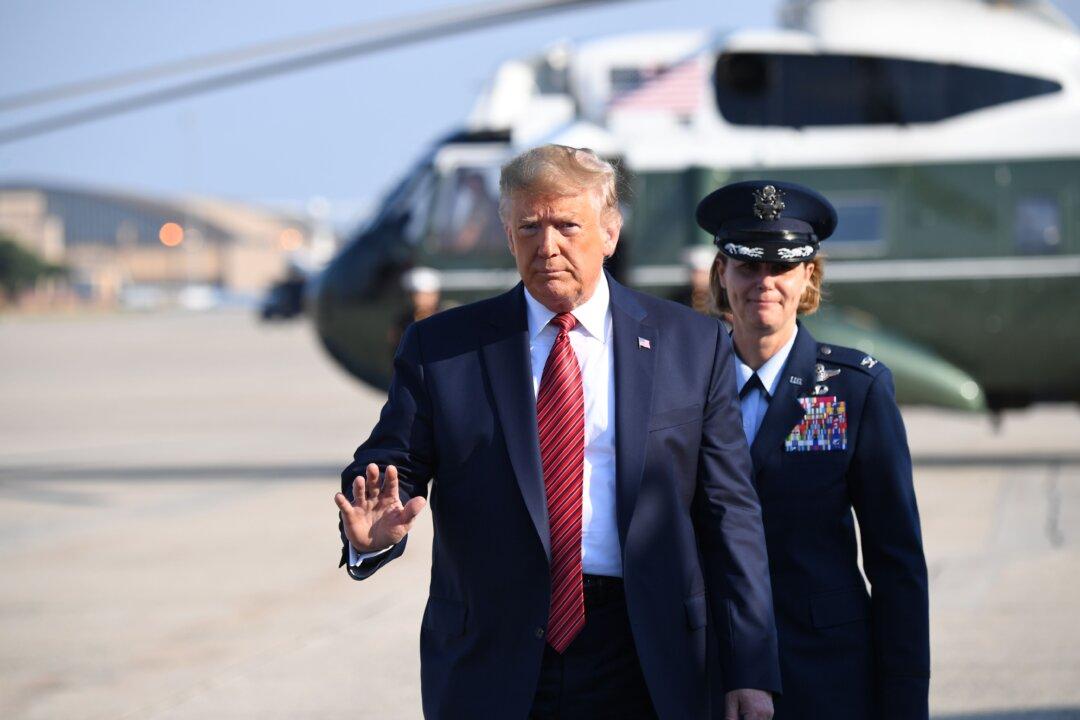President Donald Trump said he had “no intention” of meeting with Iran at the upcoming U.N. meetings, as the United States is set to deploy additional troops and missile defense equipment to Saudi Arabia and the United Arab Emirates, according to the Pentagon.
The upcoming deployment announced Sept. 20 comes after Trump put off any immediate military strike on Iran in response to the recent attack on Saudi Arabian oil facilities.





